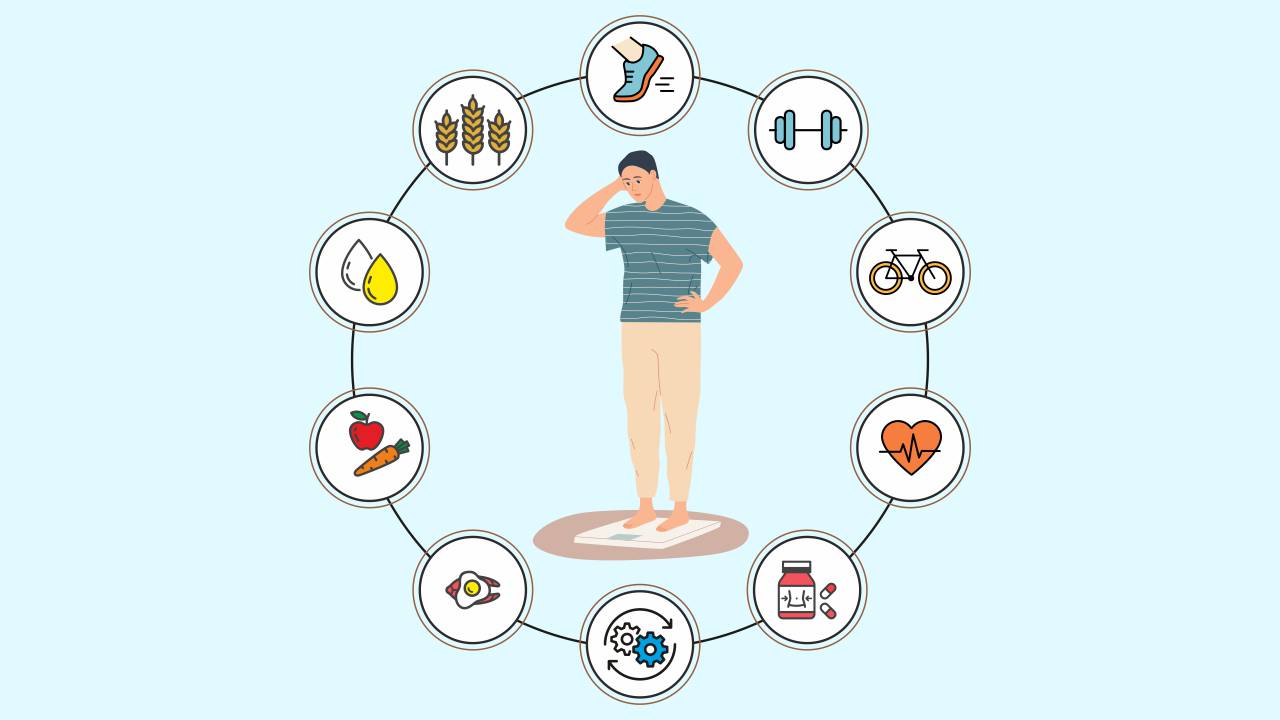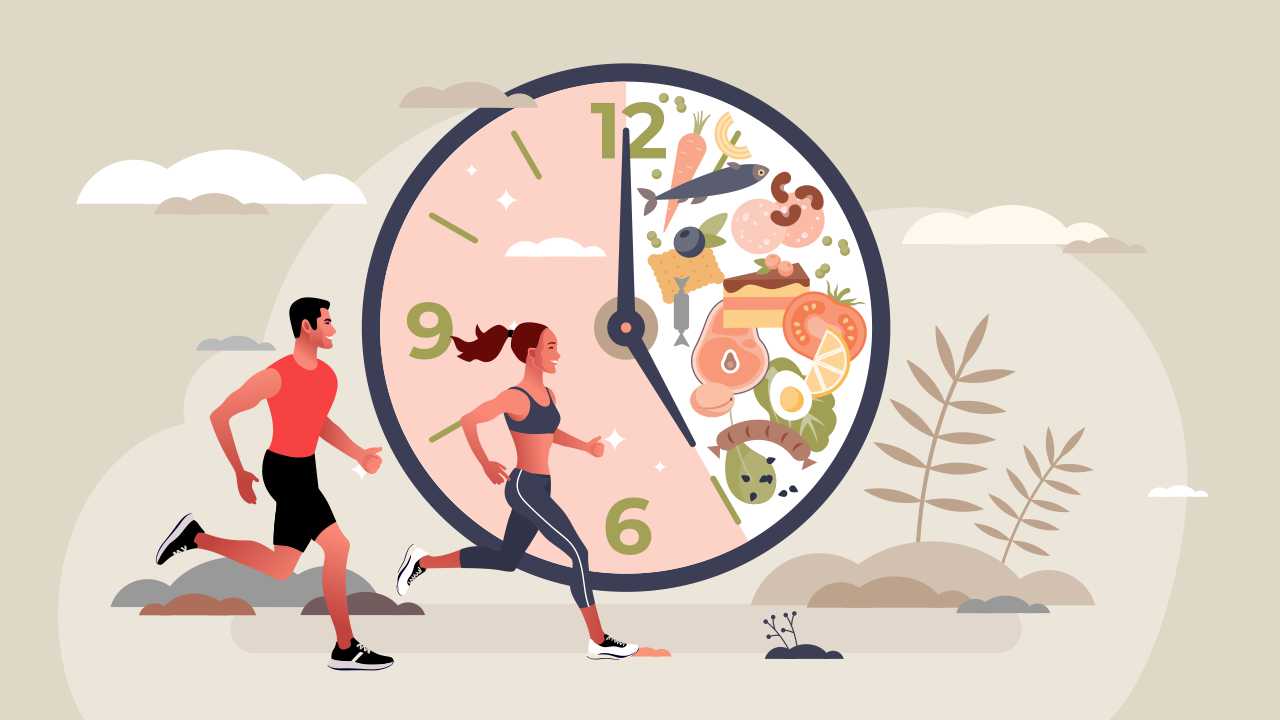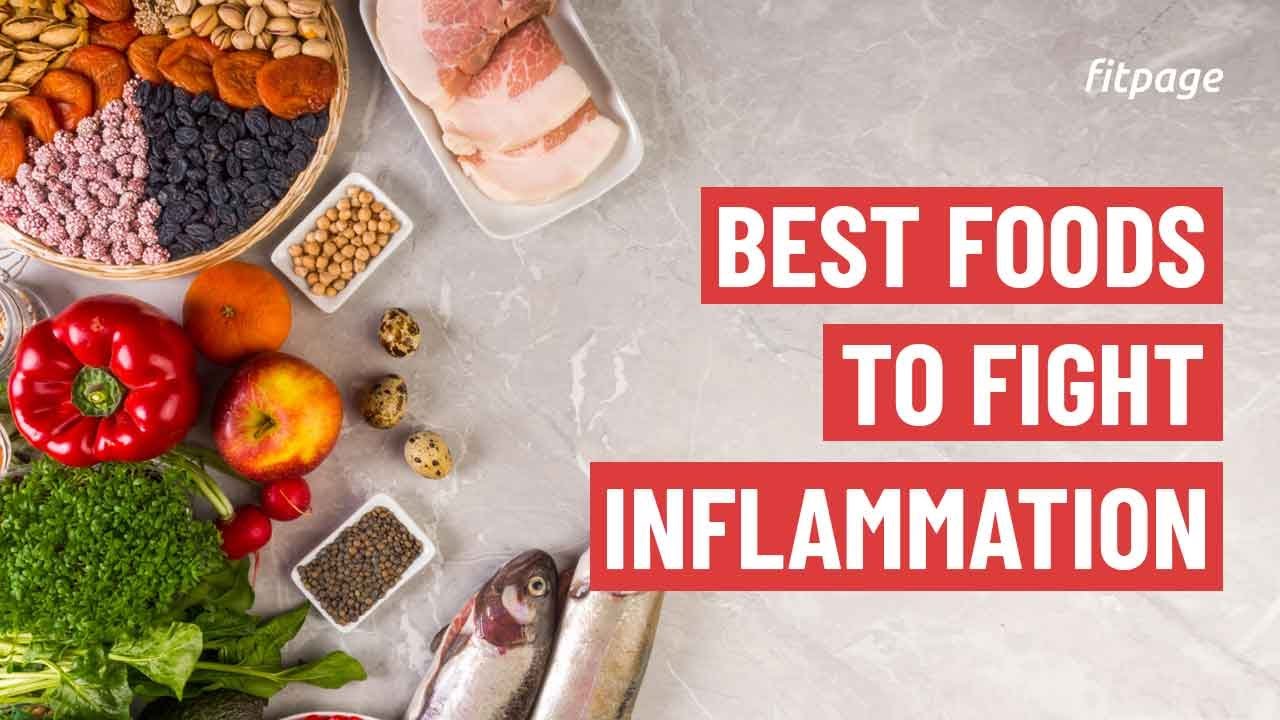
Let’s Bust Some Common Weight Loss Myths

There is a lot of misinformation and fallacies around the concept of weight loss. Many of these do not have any scientific basis. These are things that we usually hear from those who have little or no knowledge of nutrition, physical exercise, or how the body works. Here, we decode some common weight loss myths and facts.
Myth: Weight loss can happen with diet or exercise alone
Fact: If you believe that you can eat all you want if you’re sweating it out in the gym to burn those calories, you are mistaken. To lose weight, your body must be in a state of “negative energy balance” for a consistent period of time. This means that the amount of calories your body expends must be greater than your calorie intake.
Calorie restriction through diet alone will make you miss out on the benefits of exercise, particularly strength training, which leads to development of lean muscle mass. This means that your body’s Basal Metabolic Rate (BMR) is maintained, and your body will be able to burn adequate calories. Alternatively, attaining a calorie deficit only by performing vigorous physical exercise over a prolonged period of time would eventually require you to consume more calories, which may be counterproductive to your weight loss goals.
For a healthy weight loss, your body also requires essential nutrients, which are obtained by following a healthy diet. Since your body undergoes wear and tear when you exercise, the right nutrition may help with faster recovery and might enhance weight loss. When it comes to losing weight, an 80/20 approach to diet and exercise works well.
Myth: Giving up carbs will make you lose weight faster
Fact: It is a common myth that giving up carbs will lead to automatic weight loss. However, you must know that carbs are not your enemy. It is the type of carbs that matter. If you regularly consume refined carbohydrates in the form of sugar sweetened beverages, doughnuts, pastries, chocolates, pizza, and other fast foods, you should reconsider having them on an occasional basis.
The type of carbs that you should focus on instead are complex carbs, such as those coming from whole grains, millets, legumes, beans, fruits, vegetables, and low fat dairy products. Some of these foods also contain nutrients like fiber, which increase your satiety levels, keep your gut healthy, and thereby may assist in fat loss.
Myth: Certain foods can speed up metabolism
Fact: You may have heard of claims that certain foods can help speed up your metabolism and bring about faster weight loss. However, you must note that no single food can lead to drastic weight loss. Losing weight is about being in a calorie deficit, which means that you burn more calories than you consume. Weight loss occurs by making holistic lifestyle choices, and is a balance of the right nutrition, exercise, and sleep.
Myth: Skipping meals/ starving will help you lose weight
Fact: It is often believed that if you don’t eat you will lose weight, because you are eating less, and therefore, ingesting fewer calories. But missing out on meals may have the opposite effect on your body. You’d feel hungrier through the day and may end up snacking more on high fat/ high sugar foods. This in the long run may lead to weight gain. Eating nutritionally devoid foods may also cause you to miss out on essential nutrients that are required for optimal body functioning. So, being starved may not be a wise idea. It is important to listen to your body for hunger cues and eat nutritiously and smartly.
Myth: Weight loss pills/ supplements are a good way to lose weight
Fact: Fat-burner supplements claim to help you burn fat. They may work by either suppressing your appetite or enhancing your metabolism. However, you must understand that these aren’t magic pills you can pop on the couch and expect to lose weight. Fat-burners are only means to “supplement” your weight loss, and shouldn’t be seen as tools to replace a healthy diet and consistent exercise routine. They often may have side effects, which can complicate your health instead of improving it. But if you still plan on taking one, it is best to consult with a doctor or dietitian to understand what may be good for you.
Also read: What Is Stopping You From Losing Weight?
Myth: All fats should be avoided
Fact: Even though fats contain a lot of calories (1g=9kcal), they are definitely not something to shy away from. Fats provide insulation to your body, help absorb fat-soluble vitamins, may lower inflammation, and are important for your brain and eye health. They also work towards giving you healthy skin, hair, and nails.
For a healthy diet, unsaturated fats that are found in foods like almonds, walnuts, flax seeds, avocados, soybean, olive oil, and fatty fish like mackerel are considered essential. Even some amount of saturated fat found in dairy products, coconut oil, mutton etc, can be consumed moderately, comprising no more than 10% of your total daily caloric intake. The fats that you must watch out for are trans fats, that are found in most packaged foods like chips, biscuits, pastries, etc. Now that you know that the source is important, make sure you include quality fat in your daily diet.
Myth: Trying to lose weight is expensive
Fact: You must have thought that in order to lose weight, you would have to invest in expensive, imported ingredients like quinoa, chia seeds, avocados, etc. Even though such foods are beneficial for health, they are not mandated to be included in your weight loss diet. It is always a better idea to opt for regional, locally available foods, and consume them in season, as much as possible. You can also lose weight by consuming local foods, provided you are eating a balanced diet, teamed up with consistent exercise. For instance, an alternative to quinoa may be amaranth seeds, while basil seeds (sabja) can be an alternative to chia seeds.
Myth: Fancy diets are the best ways to lose weight fast
Fact: There are new diets coming out every now and then, and each one vies to be better than the other. Even though a certain diet may offer faster or better weight loss results, a diet will only work if you adhere to it. It is best to avoid falling into the trap of fads, especially as they are often aimed at producing quick results, but aren’t sustainable. You may often find yourself gaining the lost weight back, or suffering from side-effects. A better idea is to work with a qualified dietitian or a nutritionist, who can help you with a diet that best fits your lifestyle.
Myth: Foods that are labelled “diet” or “low-fat” are ideal for weight loss plan
Fact: With the growing obesity epidemic, as well as the rise in lifestyle diseases, people are constantly looking for ways to improve their well-being and grow more health-conscious. Food manufacturers do a lot of research on these trends and launch new products labeled “low-fat”, “no added sugar”, “baked, not fried”, and so on. However, these “diet” products are not necessarily healthy. Additional substances may be added as a replacement for refined products to make these foods more palatable. For instance, a product that claims to be sugar-free may be made using artificial sweeteners. Excess consumption of an artificial sweetener like aspartame, or saccharin may have adverse effects, like headaches, seizures, etc. It is always a better idea to instead read nutrition labels before making a purchase to understand what you’re putting in your body.
Myth: What works for someone will work for you too
Fact: We are all wired differently. Our genes and biochemistry differ from one another. Certain people may have a high metabolism, or their cells may be able to absorb nutrients better than others. It may not be possible that a diet that your friend followed, would work for you too. It would be better to follow something that fits your lifestyle and dietary needs. You must also listen to your body and follow what suits you best.
Myth: You are not losing weight because your metabolism is low
Fact: Metabolism is partly subject to genetics, and partly to what you feed your body. Some people may be genetically predisposed to having a higher metabolism than others, and do not seem to gain weight faster than others. Although, it does not mean that you can eat all you want if you have a higher metabolism. Your body also requires essential nutrients to function properly, which you must obtain from a balanced diet. In order to lose weight, consuming adequate protein and combining it with strength training may lead to increased muscle mass and metabolism.
Myth: You need to eat a gluten-free diet to lose weight
Fact: Gluten-free diets are prescribed for individuals who have celiac disease or gluten sensitivity. However, no evidence exists that going gluten-free will ease your journey to weight loss.
Nutrition is an evolving science, with new data and facts cropping up every now and then. It is always good to consult a registered dietitian, who can help you separate fact from fiction and help you achieve your desired health goals in a sustainable manner.
Also watch: What is the difference between fat loss and weight loss?
References
1. The truth about metabolism. Harvard Health Publishing. 2021. Updated March 30. https://www.health.harvard.edu/staying-healthy/the-truth-about-metabolism (accessed May 14, 2021).
2. Does Metabolism Matter in Weight Loss? https://www.health.harvard.edu/diet-and-weight-loss/does-metabolism-matter-in-weight-loss (accessed May 14, 2021).
3. Zurlo F, Larson K, Bogardus C, and Ravussin E. Skeletal muscle metabolism is a major determinant of resting energy expenditure. J Clin Invest. 1990; 86(5): 1423–1427.
4. Foster-Schubert KE, Alfano CM, Duggan CR, et al. Effect of diet and exercise, alone or combined, on weight and body composition in overweight-to-obese postmenopausal women. Obesity (Silver Spring) 2012; 20: 1628–38.













